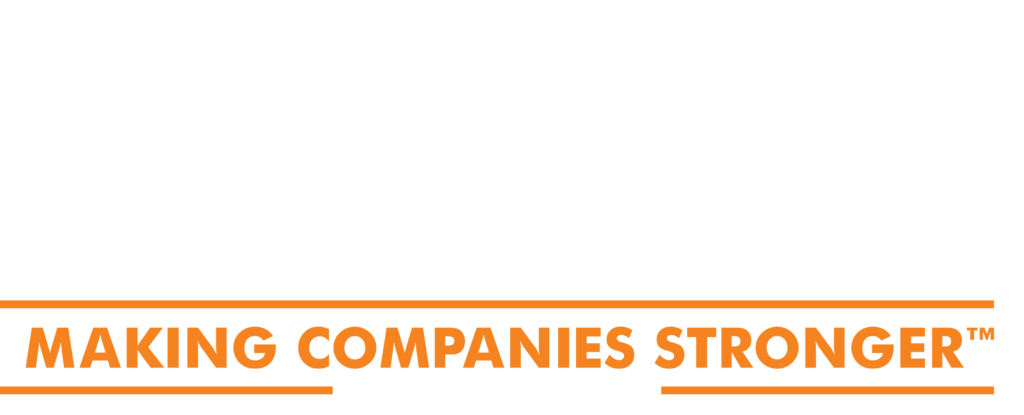Delaware declared its independence from Great Britain on June 15, 1776 and thereby also became independent of Pennsylvania with which it had been connected since 1682. Delaware was the first state to ratify the U.S. Constitution and became known as “First State” among the 50 that now comprise the United States of America.
Today, Delaware ranks first among the 50 in another category, which is corporate domicile. According to the Delaware Division of Corporations, more than 1.5 million corporations chose Delaware incorporation, including ~70% of Fortune 500 companies.
So what are the pros and cons for companies considering incorporating in the State?
Advantages of Incorporating in Delaware
Some of the advantages include:
- Investors, especially institutional venture capital, prefer Delaware.
- Delaware’s Court of Chancery only handles corporate cases. The judges are experts in corporate law, and the decisions from the court tend to be more predictable than those in other states.
- Corporations registered in the state, which don’t do business in the state, are not subject to Delaware income tax. Often referred to as the “Delaware loophole,” the accounting strategy enables huge corporations to declare certain types of revenue is earned in the state where the company is incorporated rather than in the state where the business operates.
- Filings are processed same day.
- Directors’ and officers’ names are not disclosed to the state thereby protecting their privacy.
- There is no residency requirement for officers and directors.
- Just one person can simultaneously hold the role of officer, director, and shareholder, which simplifies administration for shelf and early-stage companies.
Disadvantages of Incorporating in Delaware
While Delaware offers distinct benefits, there can also be drawbacks to incorporating there.
- There are no real tax savings for small businesses as you will still pay tax in your home state.
- Delaware requires corporations to file an Annual Franchise Tax Report on or before March 1. The franchise tax increases as the number of authorized shares increases.
- Delaware’s filing fees are higher than for most other states.
- A Delaware person or company must be retained to act as your registered agent to accept legal filings on your behalf.
- Legal proceedings filed in Delaware will require you to retain a Delaware attorney to handle the case unless your home state attorney is also qualified to practice law in that state. You may also incur travel expenses to attend and/or testify at such proceedings.
- Your home state’s laws may offer stronger protection for your business than Delaware’s laws do.
Example: venture-backed corporations typically have multiple share classes with the founders and employees owning common stock and investors owning preferred. Delaware requires holders of a majority of all shares to agree in order to make certain major decisions (e.g. the sale or liquidation of the corporation). However, in many other states a majority of each class of shares is required. Clearly, these states offer more protection for the founders and employees (who would typically own a majority of the common stock) than Delaware does.
Why do VCs Insist on Delaware?
Early stage, high-growth tech startups typically incorporate in Delaware for one reason only: Funding. Most VCs require companies to be incorporated as a Delaware C Corporation as a prerequisite to funding the company. Corporate law is very settled in Delaware and favorable to investors in some matters of convenience such as the comparative simplicity of decision making mentioned above. Additionally, they are familiar with Delaware corporate law, including their personal obligations as directors on the boards of their portfolio companies, and the legal treatment of various transactions. Likewise, VC and startup attorneys are typically well-versed in Delaware’s corporate law.
If a company anticipates seeking institutional growth capital early in its life, it is usually best to incorporate from the outset as a Delaware C Corp. If it is anticipated that there will be a long runway before funding, it may be advantageous to adopt an alternative structure (e.g., a flow-through entity such as an LLC) to enable tax losses to be distributed to early investors and then do a C Corp conversion.
Is Delaware Incorporation Right For You?
Should you incorporate in Delaware? In most cases, the answer will be “No”. Unless you are a high-growth company seeking growth capital from institutional sources, it is usually best to incorporate in the state of your primary location as the costs of dual filing likely outweigh any marginal advantages.
While Delaware does offer benefits to companies who incorporate within the state, it is primarily large corporations or those seeking institutional funding as a component of their growth strategy who derive the greatest advantage.
How vcfo Can Help
If you are a foreign company looking to expand into the U.S. market and/or to raise institutional growth equity in the U.S., vcfo can help with the following: the accounting and financial planning to support that transaction, introductions to trusted legal and tax advisors, C-suite recruitment, and taking care of your ongoing financial and HR requirements on a fractional basis.
———-
Want to learn more about “The Delaware Flip?” Click here for Part I of II in this series.


